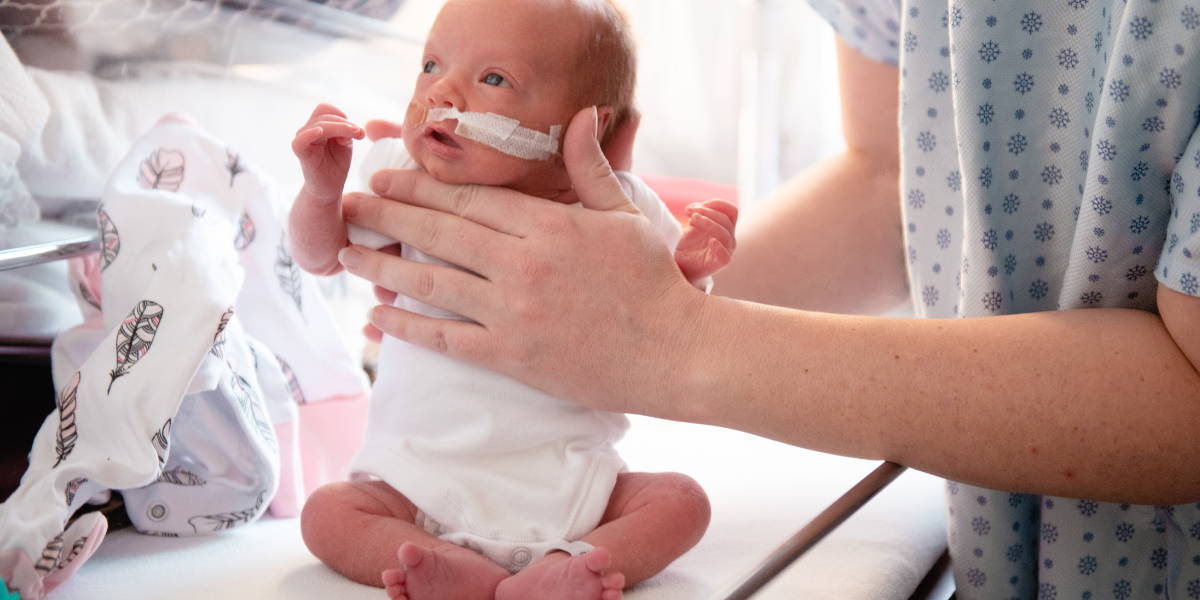
In January 2020 the BC Women’s Health Foundation focused our Illuminations event on the inequities in health research; that women’s health research is underfunded and the impacts this has on women’s health. We heard first hand from women researchers working in women’s health about the struggles they faced in their field. Watch Drs. Liisa Galea, Melanie Murray, and Cindy Barha share their stories here.
The Foundation also commissioned a report to explore the extent of gender biases in research and the findings were worrying:
- Women’s health research is funded less often, and receives lower amounts than general health research
- Women researchers, who conduct the majority of research in women’s health, are receive less funding than men
- Women academics have lower salaries than men and are under-represented in senior positions
- Women academics are less represented in conferences, publication and academic accolades.
Why does this matter?
This is important because it means that there are gaps in the knowledge of the unique health needs of women that remain unanswered and unexplored. This in turn leads to continued challenges for women in getting diagnoses, appropriate treatment and supportive and understanding care from providers; realities that women face here in BC.
Women’s health matters. Women make up 50% of the population, and their health is integral to the success of our families, our communities and the economy. Ignoring women’s health needs should not be an option.
How is this relevant during this COVID-19 crisis?
The COVID-19 pandemic has impacted everyone and every facet of society and has exacerbated many underlying gender inequities. To explore whether health research biases had been impacted by the COVID-19 pandemic, Dr. Liisa Galea, renowned UBC professor in Brain Health and Scientific Advisor for the Women’s Health Research Institute and Dr. Victoria Gay, Senior Director of Strategy and Research at BCWHF reviewed the data on funding and research since mid-March 2020. They published their findings in the Institute for Research on Public Policy journal Policy Options special issue: Tackling inequality as part of Canada’s post-pandemic recovery.
They found that research bias is still rife at such a critical time in our health agenda. They outline significant impacts to general health research funding, that women are receiving even less COVID-19 funding than average health research awards, and that women researchers are being overtaken by their male counterparts in publications as they struggle to balance the increased caregiving responsibilities that have arisen.
What is the impact?
We still do not know the full impact of COVID-19; both direct impacts of the virus on our health and the breadth and depth of secondary impacts as we shut down our economic, education and healthcare systems as part of public health countermeasures. Yet, initial evidence suggests a gendered difference, and a disproportionate impact on women.
As we explore potential treatments and vaccines for this disease we need to ensure that there is sufficient sex and gender-based analysis; already up to 75% of adverse drug reactions occur in women; we must learn if treatment pathways need to be different for women and men.
BCWHF’s Commitment
The Foundation is raising funds for essential research into the gendered differences of the impact of COVID-19. This includes a large provincial study exploring the true prevalence and gendered aspects of COVID-19, a national project studying the pregnancy outcomes for women with COVID-19, and work exploring the impact of the pandemic on women care-providers.
We are also committed to supporting general women’s health research. The health needs of women are not on hold during the pandemic and research should not be either. We need to continue to fund the Women’s Health Research Institute in their work as they support and mentor new researchers, drive discovery and innovation, and continue to lead the way in women’s health research.
We are dedicated to our advocacy work with governments and funding organizations to ensure that the research that is supported during this time doesn’t contribute to the current gender disparities, and re-writes a more equal future for all.
STAY ENGAGED
- Donate to our COVID-19 Fund: Women’s Health Research or our general Women’s Health Research funds.
- Learn more about the impact of the gender biases in health research.
- Share this information with friends, family and colleagues, the more people know about these issues, the more we will see demand for change.
-
Lauren’s Story
Through the loss of a pregnancy and the birth of a baby, the team at BC Women’s provided the emotional suppo...
Read more -
Making Strides For Women In Midlife
Women deserve care that is evidence-based and takes a lifespan approach. Women in midlife can experience a wid...
Read more -
Unlocking the future for babies with brain injuries in the BC Women’s NICU
For parents with a newborn in the Neonatal Intensive Care Unit (NICU), one of the hardest questions to face is...
Read more



